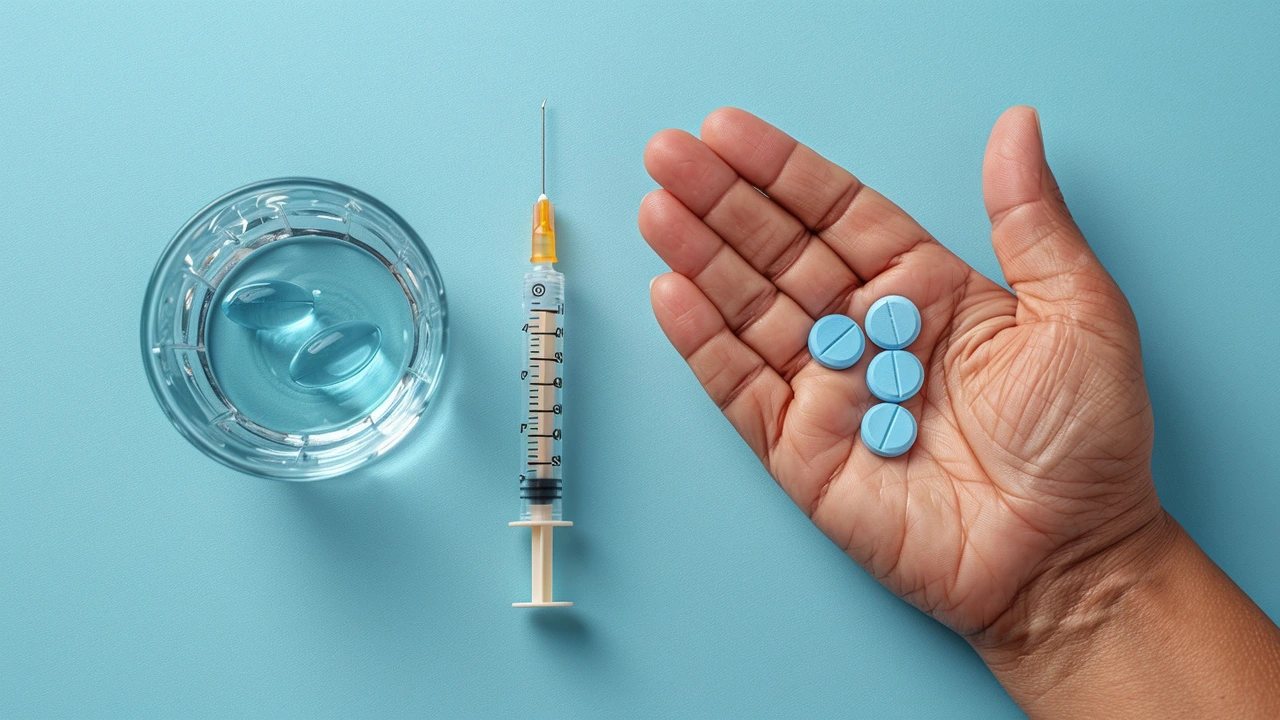Lac-Phe: What It Is and Why People Talk About It
Lac-Phe (N‑lactoyl‑phenylalanine) is a small molecule your body makes after intense exercise. Researchers found it can reduce hunger and calorie intake in animal studies, and it rises in human blood after hard workouts. That has made Lac-Phe a hot topic for people interested in weight control, athletes, and supplement seekers.
How Lac-Phe is produced and what research shows
When muscles work hard they produce lactate. Lactate can combine with the amino acid phenylalanine to form Lac-Phe. The more intense the exercise, the bigger the spike in lactate and often Lac-Phe. A 2022 study showed this pattern in both mice and humans and reported reduced food intake in mice given Lac-Phe.
The strongest evidence comes from lab work. In obese mice, giving Lac-Phe lowered food intake and slowed weight gain. Human data so far only show that Lac-Phe levels go up after exercise; we don’t have proof that boosting Lac-Phe in people will cause meaningful weight loss. Scientists caution that findings in mice don’t always translate to humans, and long‑term effects are unknown.
Also, Lac-Phe is not a magic pill. Appetite is controlled by many hormones and brain signals. Even if Lac-Phe helps, it would be one part of a larger system that includes ghrelin, leptin, insulin, and behavioral factors like stress and sleep.
If you’re curious about Lac-Phe supplements, there’s a gap between hype and reality. At the moment there are no well‑tested Lac-Phe supplements approved for weight loss. Products sold online may be unregulated and their safety is uncertain. Talk to a healthcare professional before trying experimental compounds.
For researchers and clinicians Lac-Phe is interesting because it links exercise biochemistry to appetite control. That could lead to new therapies in the future, but clinical trials in humans are needed first. Expect careful studies over the next few years rather than immediate treatments.
Practical tips to boost Lac-Phe naturally
You can encourage your body to make Lac-Phe without taking anything risky. High‑intensity workouts like interval training, hill sprints, or heavy resistance sets produce more lactate and tend to raise Lac-Phe. Eating enough protein provides phenylalanine, the building block your body uses. Stay hydrated and recover well—overtraining can blunt benefits.
Keep perspective: use exercise that you can sustain. Short, intense sessions two to four times a week can raise Lac-Phe and also improve fitness, mood, and metabolism. Track hunger and energy—if exercise reduces appetite for you, that’s a helpful effect, but don’t force extreme routines just to chase a molecule.
Bottom line: Lac-Phe is a promising discovery that links exercise to appetite. It’s worth following the science, but for now the safe, effective route is proven lifestyle habits: consistent exercise, good sleep, balanced meals, and medical advice when needed.
Simple routine example: 10 minutes warm-up, 8–12 rounds of 20–30 second sprints or high-effort intervals with 60–90 seconds rest, then light cool-down. Always check with your doctor if you have heart, blood pressure, or metabolic conditions before starting high‑intensity work today.

Metformin Unveiled: Revolutionizing Weight Loss by Enhancing 'Anti-Hunger' Molecule Production
- Mar, 22 2024
- Daniel Remedios
- 7 Comments
Recent research has uncovered that Metformin, a diabetes medication, significantly increases the production of an 'anti-hunger' molecule, lac-phe, leading to reduced appetite and significant weight loss. This discovery opens new avenues for obesity treatment, showcasing Metformin's potential beyond diabetes management.
